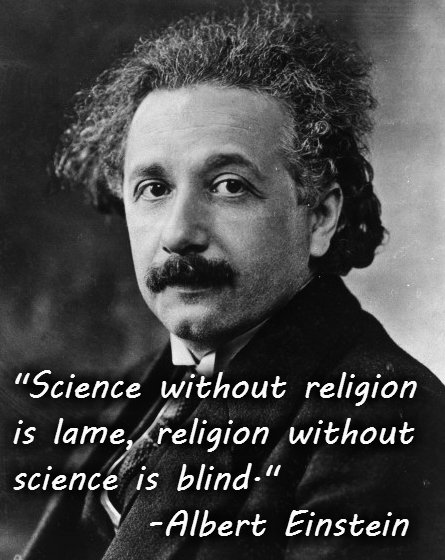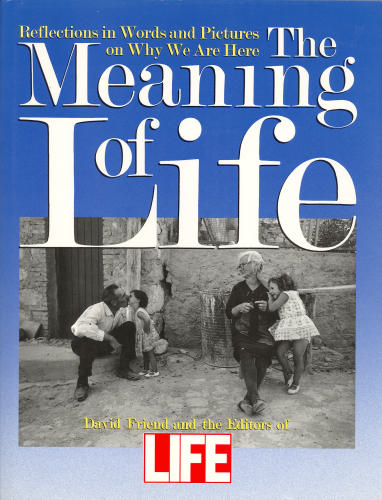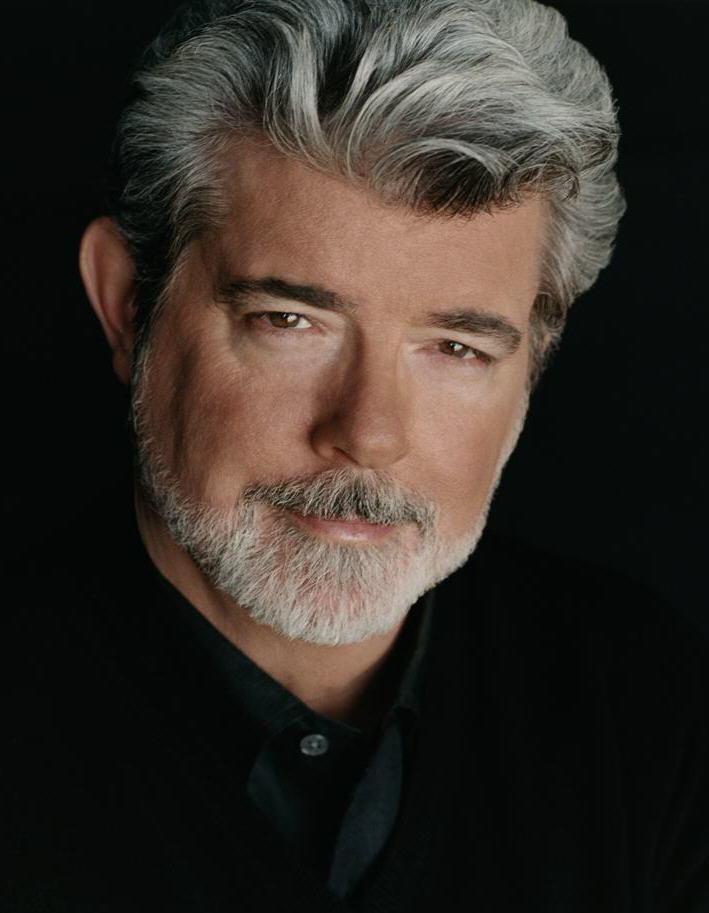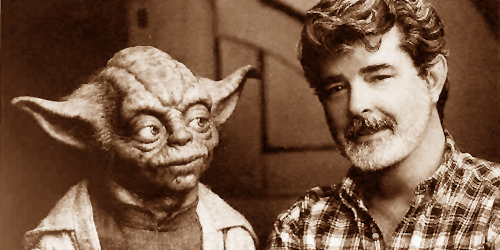
"Religious Views Of Albert Einstein"
Wikipedia
http://en.wikipedia.org/wiki/Religious_views_of_Albert_Einstein
***
Albert Einstein Wikiquote
http://en.wikiquote.org/wiki/Albert_Einstein
George Lucas on the Meaning of Life
by Maria Popova
“There is no why. We are. Life is beyond reason.”
 When a frustrated young woman asked the most brilliant man in the world why we’re alive, Einstein responded in five poignant lines. This question — at the heart of which is a concern with the meaning of life — has since been answered by many other great minds: For David Foster Wallace, it was about going through life fully conscious; for Carl Sagan, about our significant insignificance in the cosmos; for Annie Dillard, about learning to live with impermanence; for Richard Feynman, about finding the open channel; for Anaïs Nin, about living and relating to others “as if they might not be there tomorrow”; for Henry Miller, about the mesmerism of the unknown; and for Leo Tolstoy, about finding knowledge to guide our lives.
When a frustrated young woman asked the most brilliant man in the world why we’re alive, Einstein responded in five poignant lines. This question — at the heart of which is a concern with the meaning of life — has since been answered by many other great minds: For David Foster Wallace, it was about going through life fully conscious; for Carl Sagan, about our significant insignificance in the cosmos; for Annie Dillard, about learning to live with impermanence; for Richard Feynman, about finding the open channel; for Anaïs Nin, about living and relating to others “as if they might not be there tomorrow”; for Henry Miller, about the mesmerism of the unknown; and for Leo Tolstoy, about finding knowledge to guide our lives.
But one of the most profound answers comes from legendary Star Wars directorGeorge Lucas. In The Meaning of Life: Reflections in Words and Pictures on Why We Are Here (public library) — that remarkable 1991 anthology that gave ustimeless meditations on existence from a number of luminaries — Lucas uses an autobiographical anecdote as the springboard for a larger meditation on the meaning of life and our best chance for reaching its fullest potential:
When I was eighteen I was in an automobile accident and went through a near-death experience. I was actually taken away from the scene, presumed dead, and it wasn’t until I reached the hospital that the doctors revived my heartbeat and brought me back to life. This is the kind of experience that molds people’s beliefs. But I have found that most of my conclusions have evolved from observing life since that time. If I’ve come to know anything, it’s that these questions are as unknowable for us as they would be for a tree or for an ant.
Like John Updike, who argued that “the mystery of being is a permanent mystery”, and like John Cage, who believed that “the world, the real is not an object [but] a process,” Lucas considers the just-is nature of life:
Scholars who have studied myth and religion for many years and have connected all of the theories spawned over the ages about life and consciousness and who have taken away the superficial trappings, have come up with the same sensibility. They call it different things. They try to personify it and deal with it in different ways. But everybody seems to dress down the fact that life cannot be explained. The only reason for life is life. There is no why. We are. Life is beyond reason. One might think of life as a large organism, and we are but a small symbiotic part of it.
Lucas arrives at a conclusion rather similar to Alan Watts’s ideas about the interconnectedness of all life and writes:
It is possible that on a spiritual level we are all connected in a way that continues beyond the comings and goings of various life forms. My best guess is that we share a collective spirit or life force or consciousness that encompasses and goes beyond individual life forms. There’s a part of us that connects to other humans, connects to other animals, connects to plants, connects to the planet, connects to the universe. I don’t think we can understand it through any kind of verbal, written or intellectual means. But I do believe that we all know this, even if it is on a level beyond our normal conscious thoughts.If we have a meaningful place in this process, it is to try to fit into a healthy, symbiotic relationship with other life force. Everybody, ultimately, is trying to reach a harmony with the other parts of the life force. And in trying to figure out what life is all about, we ultimately come down to expressions of compassion and love, helping the rest of the life force, caring about others without any conditions or expectations, without expecting to get anything in return. This is expressed in every religion, by every prophet.
The Meaning of Life is superb in its entirety. Sample it further with answers from Carl Sagan, John Cage, Annie Dillard, Stephen Jay Gould, Arthur C. Clarke, and Charles Bukowski.


No comments:
Post a Comment